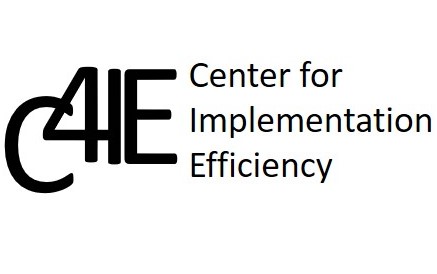December 22, 2019
STAKEHOLDER DEVELOPMENT
As we look at various international development models in various countries, we know thousands of dedicated professionals and communities are working toward improving the lives of millions of people. We talk about community ownership, sustainability, user centric design, human centered design, and many other initiatives and models to empower local communities and empower countries to own their strategies and implementation. We talk about impact investing, innovation in financing, development bonds, and partnership – all with a noble goal of increasing resources to fund projects toward sustainable development goals. We talk about human resources for health, health systems strengthening, community systems strengthening, and innovation. At the same time, we know that progress is slow and many challenges that we have seen over last few decades continue to this date.
Why is this? I do not have the answers but let me discuss few areas which may shed light on our efforts and commitment.
First, we are not yet good at identifying local champions, local stakeholders, and local leaders who will passionately mobilize communities to own their development agenda and advocate with local government and donors to allocate resources. This is hard. We identify some stakeholders for specific projects and we try to be inclusive. Project specific stakeholders serve project needs and are not always sustainable.
Second, many who identify themselves as stakeholders are not really community champions or passionate leaders that we are looking for. They have their interest to be part of the project and many have self-interest to gain from the project.
Third, we end up not able to deal with local politics and exclude representatives from truly marginalized communities. We need political support for the projects but politics is dominated by those who holds power, influence, and position in the society.
Fourth, we assume local stakeholders need capacity building. And we design projects with that mindset.
So, what do we do?
First, we need to involve the community and seek their help to identify who are their real champions for their welfare. These champions do not need to be champion of your focus areas of health, nutrition, education, etc. They are just champions of local development. They are thinker, doers, and have been passionately helping their communities for many months. It is not money that motivates them but a sense of belonging and contribution to community welfare. Community people know who are these local leaders who have been working for the welfare of the people. They know who are the real champions for local development. We call them true stakeholders of community development.
Second, we should not assume that these champions need capacity building. We listen to them, understand them, and then work with them to see what support would amplify their work. Many of these champions can teach us a lot about community development, innovation, efficient ways, and community mobilization. We learn, absorb, and support their noble efforts.
Third, we think of a system by which we can amplify recognition of these champions work in the community, thus setting up a process of encouraging many more people to join in. This is called mobilization of community development champions. We need to have a system of investing in new champions so that they can continue their work and learn from existing champions. And then they can continue their work with or without our support.
Finally, we must recognize that these people need resources to sustain their work, their own livelihood, and their own ambitions. We need to work with them for long term support for them whether building their existing capacity on resource mobilization, innovative financing, advocacy with local government, or any other initiatives that will help them to raise resources for years to come.
I call this Stakeholder Development because these stakeholders are true leaders of sustainable local development. I want us to move away from beneficiary development. Our projects are not about how many beneficiaries reached but how have we helped to amplify local efforts for local development. It is not a numbers game, not an impact report to donors, or value for money justification that many donors seek. It is about building local capacity for sustainable development. If a community feels that they need to immunize 100% of their children, they will do it. Local champions create long term value, ownership, and a process to continue their work for years to come. They do what is best for the community and they can respond quickly to changing needs which are only known to local people. They are in the best position to support local innovation for greater good. And they want their communities to thrive.
